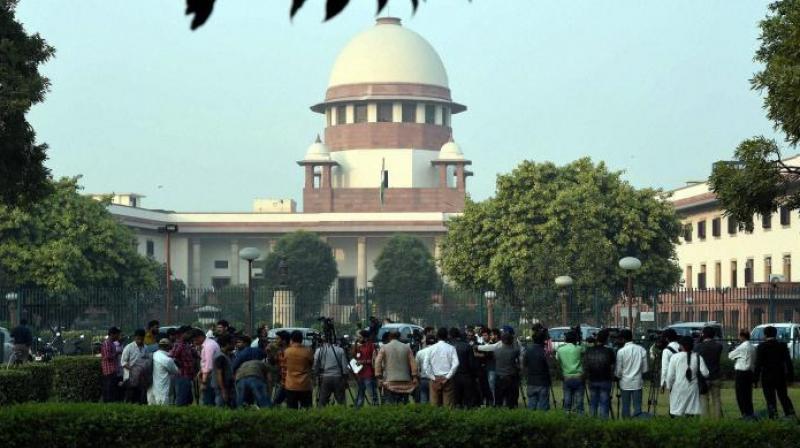Mindsets on SC-ST must change

The Supreme Court has done signal service in recalling a March 2018 order that may have led to protecting those accused of committing atrocities against Scheduled Castes and Scheduled Tribes. In mandating a preliminary police inquiry before an FIR is lodged, the court may have unwittingly stepped on legislative terrain. The logic guiding the single judge was that there should be no misuse of the provision that anyone abusing an SC/ST could be jailed straightaway. He ruled that anticipatory bail must be compulsorily granted, and a police inquiry held before anyone could be jailed. However, it was not clear what caused his examining a law in place for years to ensure dalits/tribals aren’t discriminated against.
The three-judge bench went beyond correcting what may have been a historical wrong in a ruling that gave too much wiggle room for those who may be guilty of insulting SC/ST individuals or inflicting humiliation on them. The bench pointed out how discrimination still exists and how the fruits of development haven’t yet trickled down.
This harsh, but honest, obiter dicta may be a wake-up call to society, while politics only muddied the issue further. Dalits are still doing menial tasks, including dangerous ones like manual scavenging, without even protective masks. Tribals are dispossessed of their land on illusory promises of jobs and dwellings. The situation, after 72 years of independence, is a reflection on how society has to change its mindsets in order to uplift history’s downtrodden people. And what better occasion than Mahatma Gandhi’s 150th birth anniversary to begin to introspect on what we can do for the SC/ST beyond protective statutes!

